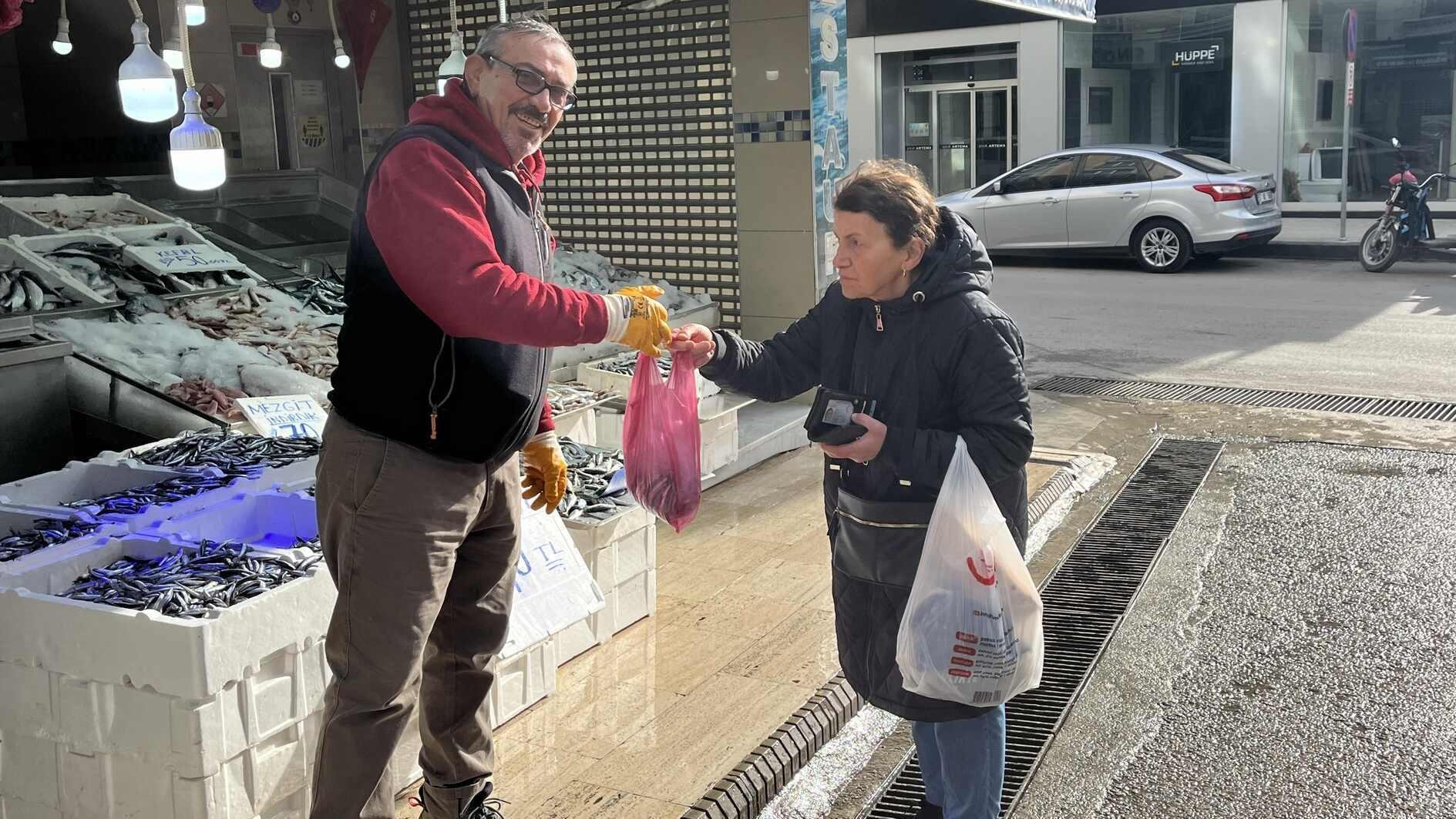Fish stocks depleting in Gulf of Antalya
ANTALYA

In a concerning ecological downturn, pollution and invasive species in the Gulf of Antalya are posing an imminent threat to the fish population in the sea and the livelihood of fishermen.
The Gulf of Antalya, located in Türkiye’s Mediterranean region, has seen a dramatic decline in its fish population over the past 10 years. There are multiple factors that contribute to this decrease, such as climate change, chemical and plastic pollution and invasive species.
"Rainfall, climate and the increase in waste have an effect on this, especially chemical pollution. The sea looks clean, but it is not clean enough for fish. Ten years ago, we used to catch 20-30 kilos of fish very easily with a 10-pack net. Nowadays, we are thankful if we catch even 2 kilos. You can only cover your expenses with that amount," fisherman Lütfi Evgin said.
Cemal Talas, the president of the Antalya Fishermen's Shelter New Harbor Fisheries Cooperative, stated that invasive species such as lionfish and puffer fish have disrupted the marine ecosystem in the Gulf of Antalya for the last four to five years.
Pointing to the hotels nearby, Talas said, "I think the decrease is also due to the pollution caused by the wastes dumped by some hotels. No matter how much the hotels treat their waste, I don't think they are treated efficiently enough."
To examine whether there are elements that would affect living organisms, Akdeniz University and Antalya Municipality regularly take samples from the sea and rivers.
Speaking about their findings, Professor Dr. Mehmet Gökoğlu from Akdeniz University said, "We see uncontrolled pollution at the edges of the waters flowing into the Gulf and on the shore, mainly solid waste. We are starting to lose the Gulf of Antalya, where all the pollution in the rivers flow in with rain."
Stating that there should be heavy penalties, Gökoğlu said, "There are solid wastes in the water in front of the hotels. I saw pesticide boxes being thrown on the shore indiscriminately. There is plastic waste everywhere."
















